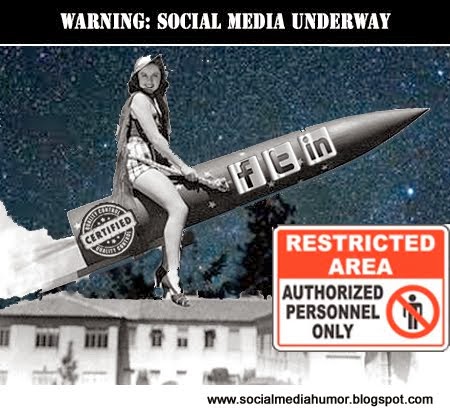Make it a Corporate Bio. Not a Lie-o.
Everyone except writers hate writing. Correction: everyone - especially writers - hate writing. It's an arduous process. We often do it, well frankly, because often we can't find anything else we can do better. And are pleased with the end result. But no one, writer or otherwise, is ever pleased with a bio. Be it theirs or someone else's.
Everyone's been there. You get the dreaded email from marketing or HR:
"Can you write a few paragraphs about yourself?"Ugh. Great now you need to boil down an entire existence into three paragraphs (space permitting). You avoid it hoping the requester will forget but of course they don't. They pester (I mean politely remind you) so you spend hours on it. Hate it. Bring it home. Hate it more. Then finally you finish. And the results are always the same.
"I've done nothing. The End."The reason process is so hard and the results so unrewarding is because most people go about bios the wrong way. People tend to cherry pick big names and/or big numbers from a resume. But often they are not there. And sometimes they are there but are irrelevant to the new job. A corporate bio is not a resume recap, or a one page auto biography, but something completely different. It's mental cash.
People want to know that you can do the job you were hired to do. Or at least justify your hire. For instance, if you have no automotive experience but were just hired as VP of Sales by Toyota, then highlight the sales wins at other companies. But if your Dad owned his own repair shop that you grew up working in then that's your lead.
For the most part, corporate bios are meant to either a) humanize business; b) allay fears in investors/partners/prospective hires; or c) build confidence and credibility in you and/or your company. What you include in your bio should depend upon want you want to convey to the reader.
- Who is going to read this bio? And why? Is it for customers or for angel investors? Is it to be posted on the Web or the printed prospectus. Different mediums require different treatments. You can get more personal in the internal and customer newsletters and include hobbies and family. But leave out the fluff when you're trying raising capital.
- Education: Is it needed? If it's applicable. If you run a software company include that you attended MIT. Run a bakery? Unless you've developed an algorithm for a bigger, better, butter cream, leave it out.
- Previous employment? Only if it's applicable and accomplishes the prime objective of allaying fear and building confidence. Some will read like a laundry list. Just include the pertinent info.
- Length? The long and short of it. Seasoned pro or new hire? You don't expect a professional with 5 years experience to have the same as one with 30. No need to pad it. It's OK if the CEO is twice as long. To avoid embarrassment, just make sure it's longer than the new kid who wrote a tome.
Follow Frank Bocchino, a Los Angeles-based writer, designer, and digital marketer who helps organizations create qualified strategies that generate new business using the latest tools for lead generation, SEO, and social media.
Or contact Frank Bocchino for corporate training or speaking opportunities.




Comments
Post a Comment
What say you?